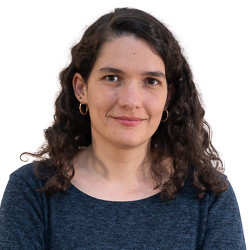El Salvador
The Context
El Salvador is a middle-income country with a service and export-based economy. One in four people live in rural areas. Remittances account for a quarter of GDP, the highest in Latin America and the Caribbean.
A third of households, or over two million people, live in multidimensional poverty which is concentrated in rural areas. Young rural people face a lack of access to education, job opportunities and assets needed to launch a sustainable business. They are also among the main victims of crime, with many choosing to migrate.
El Salvador is highly vulnerable to extreme climatic events. Recurrent droughts result in huge harvest losses. As temperatures rise, crop yields are expected to fall by up to 30 per cent in the next decades.
The Strategy
IFAD loans support poor family farmers and Indigenous Peoples, with an emphasis on women and youth. Community-led development plays a critical role in IFAD’s work. The overall objective is to reduce poverty and food insecurity by promoting fair, inclusive and sustainable agrifood systems that provide nutritious diets.
Country Facts
Although El Salvador is becoming increasingly urban, one in four people live in rural areas.
Almost half the population suffers from moderate or severe food insecurity.
Temperatures are expected to rise by up to 2° C, leading to an increased frequency of extreme weather events.

